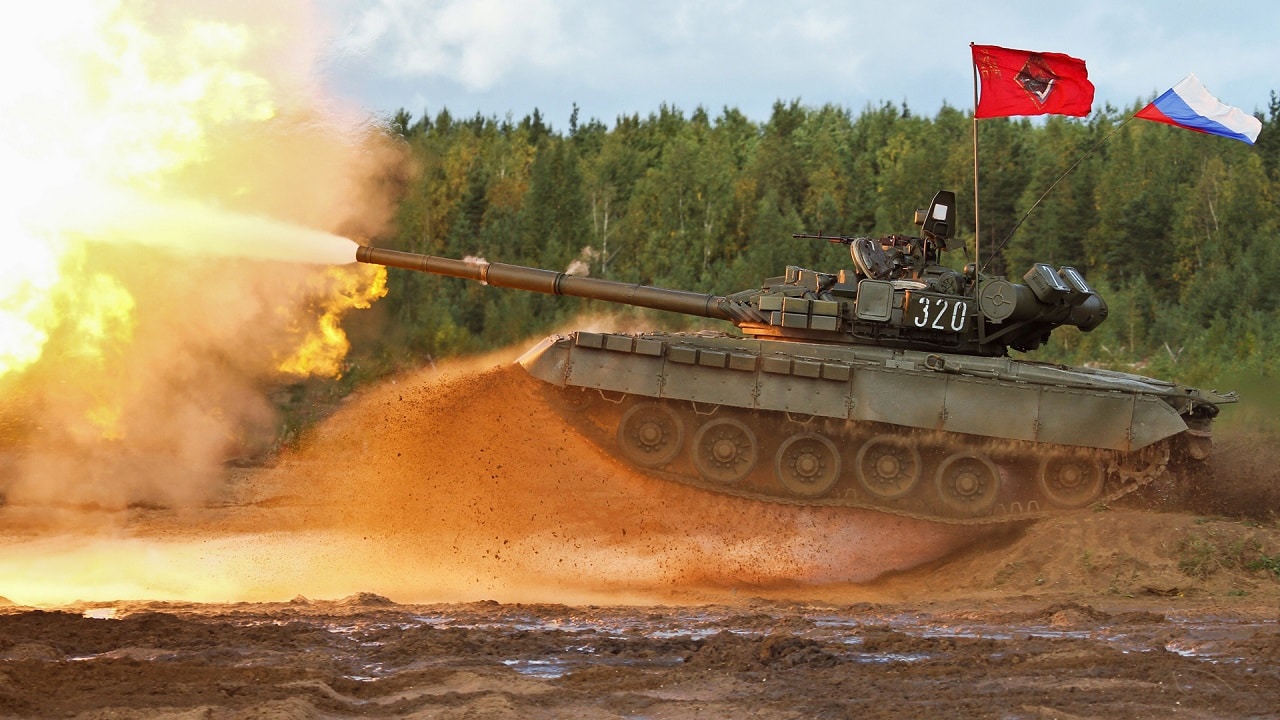As the war in Ukraine persists, and an eventual stalemate seeming more likely by the day, some commentators have turned to the Korean War as a model to understand and predict the future of the conflict between Kyiv and Moscow. One essay has even pointed to the partition of Korea as an example of what should be avoided at all costs in Ukraine. The analogy of a democratic Ukraine versus the authoritarian brutality of the Russian Federation does appear to map onto the current dichotomy between Seoul and Pyongyang. But for the United States, the reality of the Korean conflict—which saw two politically repressive regimes engaged in a civil war which escalated in a dangerous global showdown—bear warning signs about the consequences of unrestrained action and the limits of exercising American power abroad.
What the Korean War Can Tell Us About Ukraine
In July of this year, we will have passed the seventieth anniversary of the signing of the Korean War armistice, which brought an end to hostilities on the peninsula but stopped short of ushering in a long-term peaceful resolution. The two Koreas technically remain at war. The Korean War itself was a whiplash war, defined by sudden captures of territory, stunning reversals, and an eventual, grinding stalemate which would cost the deaths of nearly three million people. But the war is also a lesson in the danger of wartime escalation as international leaders, with some intention of avoiding broader war, nonetheless pushed the Korean War into an international conflict that would involve over twenty-five countries, the near use of nuclear weapons, and the deaths of nearly three million people.
That stalemate and partition was the result of increasing escalation from both the U.S.-led coalition and Communist-aligned countries during the war. When North Korea invaded the South on June 25, 1950, the Truman administration decided to intervene militarily. Truman’s advisors were divided on the degree of American involvement, with some determined to avoid the perceived lessons of appeasement in Europe that led to WWII and eager to exercise a global strategy of rolling back Communism, but others were nevertheless concerned about avoiding escalation into a wider conflict with the Soviet Union. This is unlike the Biden administration with regard to Ukraine, which has consistently asserted that the U.S. will avoid direct conflict with Russia.
But the initial successes of the U.N. counteroffensive in September 1950 quickly widened American and South Koreans ambitions for the war. No longer was the aim merely to preserve the status quo; instead, U.S. military leaders advocated for the complete destruction of the North Korean armed forces, while South Korean leader Syngman Rhee was ecstatic at the possibility of reuniting the peninsula under his rule. The momentum of the counteroffensive would take U.N. forces through North Korea, all the way to the Yalu River which bordered China.
The conflict soon widened, in step with the previously ballooned ambitions of American officials, with China’s intervention into the war. Driven by a multitude of ideological and nationalist factors, Mao’s decision to send the PLA into Korea was nevertheless catalyzed by security concerns that the United States was growing in strength on China’s doorstep. U.N. forces had to retreat south, falling back to the prewar dividing line. Chinese intervention meant that the conflict became a war of attrition that saw few territorial gains but heavy casualties on all sides. In July 1953, the warring sides would temporarily cease hostilities, with the division of the peninsula becoming more permanent with each passing year.
American sacrifice on behalf of South Korea also did not guarantee that their ally would remain free and democratic. On the contrary, South Korea remained under the control of the unpopular and repressive Syngman Rhee, whose regime would eventually be followed by decades of military dictatorship which retained American support. South Korea’s vibrant democracy was the result of years of activism and popular unrest that would only overcome military crackdowns in the late 1980s. Seoul’s present-day liberal democracy does not retroactively justify all American decisions in the war.
In other words, the present comparison that Ukraine must either be reunified, or face the fate of a partition between the darkness of North Korea and the vitality of the South, patently ignores the fact that the division of the Korean peninsula was in no small part the result of American overreach in its wartime ambitions.
The Path Forward
The U.S.-led coalition response to the war in Ukraine has largely reflected a prudent and careful understanding of how Russia could respond to outside involvement. Even as international aid keeps the supplies, weapons, and money flowing to sustain Ukraine’s underdog resistance to Russian aggression, the Biden administration has retained the view that a negotiated armistice is almost certainly the best outcome for the war. While the goal of a complete unification of Ukraine through military victory, including Crimea and the Donbas, may hold moral weight, the American involvement which may be necessary to achieve such a goal could trigger spiraling escalation in a war with Russia, which may have the same dangerous consequences which U.N. forces faced with China’s intervention in the Korean War. Instead, the United States should sustain its present course, avoiding the emotional trap of becoming caught by the momentum of successful recaptures of territory, and center diplomacy as the only tool which can resolve this crisis.
Syrus Jin is a Ph.D. candidate in History at the University of Chicago, where he specializes in the history of the U.S.-East Asian relations, the U.S. military, and the early Cold War. He has previously published public-facing pieces in the Washington Post’s Made by History blog, the U.S. Institute for Peace, and Responsible Statecraft, while he has a scholarly article published in the Journal of American-East Asian Relations.

